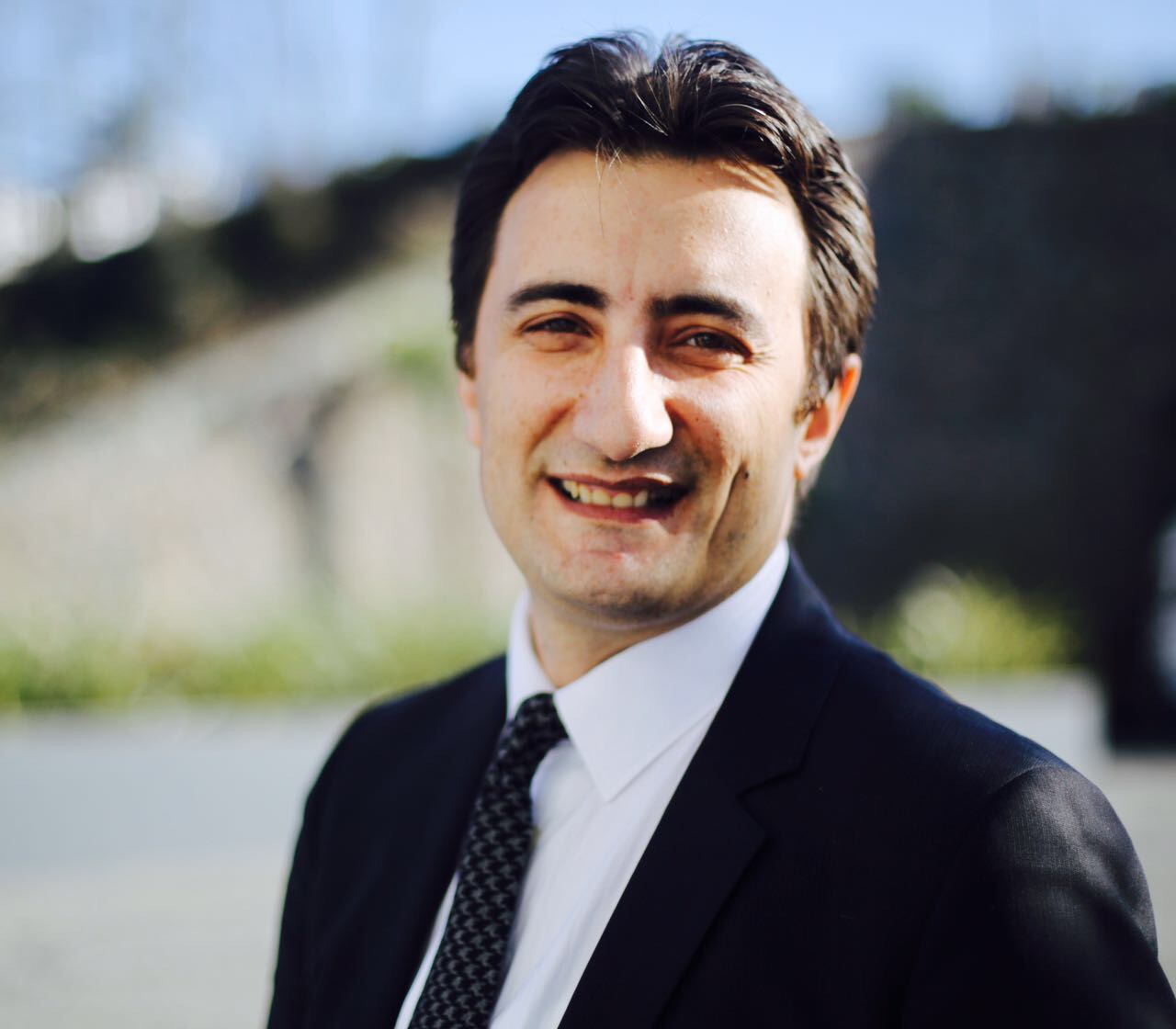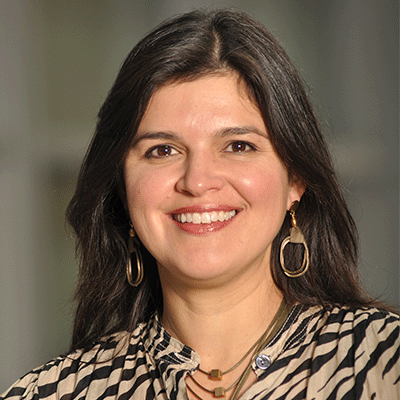Prof. Ener Cagri Dinleyici
Professor of Pediatrics at the Eskisehir Osmangazi University Faculty of Medicine, (Eskisehir, Turkey).
Ener Cagri Dinleyici is Professor of Pediatrics at the Eskisehir Osmangazi University Faculty of Medicine, Eskisehir, Turkey. His work focuses on microbiota, pediatric vaccine, pediatric infectious disease, pediatric intensive care. He is vice-president of the World Scientific Association of Probiotics Prebiotics in Pediatrics and member of numerous scientific societies.
- Vice President, World Scientific Association of Probiotics Prebiotics in Pediatrics
- Working Group Member, ESPGHAN, Committee of Nutrition, Special Interest Group Microbiota
- Member of the European Society for Pediatric Infectious Diseases (ESPID)
- Member of the European Society for Pediatric Intensive Care (ESPNIC)
- Member of the European Meningococcal and Haemophilus Disease Society (EMGM)
- Member of Turkish Society of Pediatric Infectious Disease
- Member of Turkish Pediatric Intensive Care Society
- Member of Pediatric Probiotic Prebiotic Functional Foods and Microbiota study


